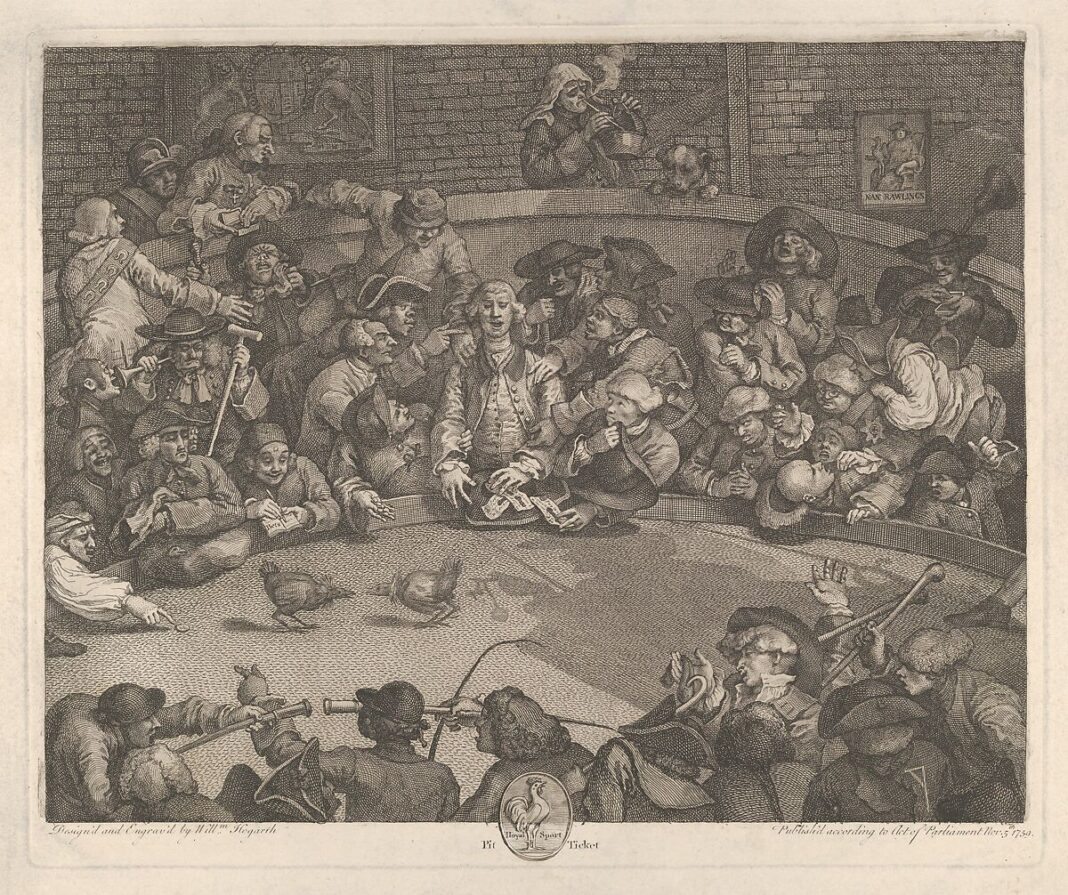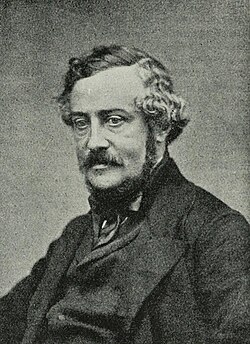
Clement of Alexandria
Instructor: On Eating
「d. c215」Clement of Alexandria, book 2, ch. 1 “On Eating,” in The Instructor「Paedagogus」in Fathers of the Second Century: Hermas, Tatian, Athenagoras, Theophilus, and Clement of Alexandria vol. 2 in Ante-Nicene Fathers: Translations of the Writings of the Fathers down to A.D. 325 edited by A. Roberts and J. Donaldson in 10 vols.「1885-96 American reprint of the 1866-72 Edinburgh edition; Online at Christian Classics Ethereal Library, 2004).
Some men, in truth, live that they may eat, as the irrational creatures, “whose life is their belly, and nothing else.” But the Instructor enjoins us to eat that we may live. For neither is food our business, nor is pleasure our aim; but both are on account of our life here, which the Word is training up to immortality. Wherefore also there is discrimination to be employed in reference to food. And it is to be simple, truly plain, suiting precisely simple and artless children—as ministering to life, not to luxury. And the life to which it conduces consists of two things—health and strength; to which plainness of fare is most suitable, being conducive both to digestion and lightness of body, from which come growth, and health, and right strength, not strength that is wrong or dangerous and wretched, as is that of athletes produced by compulsory feeding. (237)
Antiphanes, the Delian physician, said that this variety of viands was the one cause of disease; there being people who dislike the truth, and through various absurd notions abjure moderation of diet, and put themselves to a world of trouble to procure dainties from beyond seas.
For they have not yet learned that God has provided for His creature (man I mean) food and drink, for sustenance, not for pleasure; since the body derives no advantage from extravagance in viands. For, quite the contrary, those who use the most frugal fare are the strongest and the healthiest, and the noblest; as domestics are healthier and stronger than their masters, and husbandmen than the proprietors; and not only more robust, but wiser, as philosophers are wiser than rich men. (238)
“It is good, then, neither to eat flesh nor to drink wine,” as both he and the Pythagoreans acknowledge. For this is rather characteristic of a beast; and the fumes arising from them being dense, darken the soul. If one partakes of them, he does not sin. Only let him partake temperately, not dependent on them, nor gaping after fine fare. For a voice will whisper to him, saying, “Destroy not the work of God for the sake of food.” For of articles of food, those are the most suitable which are fit for immediate use without fire, since they are readiest; and second to these are those which are simplest, as we said before. But those who bend around inflammatory tables, nourishing their own diseases, are ruled by a most lickerish demon, whom I shall not blush to call the Belly-demon, and the worst and most abandoned of demons. He is therefore exactly like the one who is called the Ventriloquist-demon. It is far better to be happy than to have a demon dwelling with us. And happiness is found in the practice of virtue. Accordingly, the apostle Matthew partook of seeds, and nuts, and vegetables, without flesh. And John, who carded temperance to the extreme, “ate locusts and wild honey”. (240)



